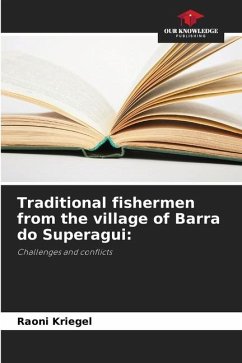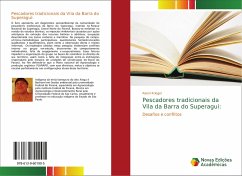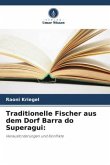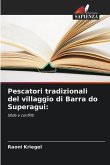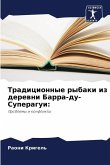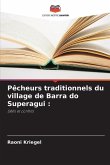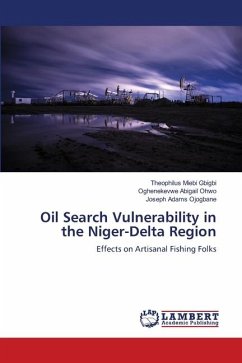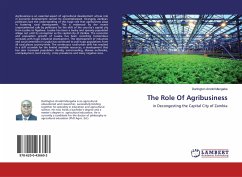The book presents a socio-environmental diagnosis of the traditional fishing community of Barra do Superagui, located in the Superagüi National Park, on the northern coast of Paraná. The review of theoretical studies sought to emphasise the environmental impacts caused by anthropogenic actions such as the extraction of biotic and abiotic resources and disorderly occupation of coastal and marine areas. The field research used participatory methodologies, qualitative and quantitative semi-structured questionnaires, as well as direct observation and informal reports. The results obtained in this research show internal conflicts within the group under study, resulting from individualistic behaviour, lack of engagement and cooperativism. These factors prevent the group from organising itself to claim the rights to its territory, as well as the lack of integration between the institutions responsible for the mosaic of conservation units on the coast of Paraná. In the end, it is argued that the National Plan for Agroecology and Organic Production - PLANAPO, with its guidelines, goals and objectives, fits perfectly with the current configurations of this territory.
Bitte wählen Sie Ihr Anliegen aus.
Rechnungen
Retourenschein anfordern
Bestellstatus
Storno

